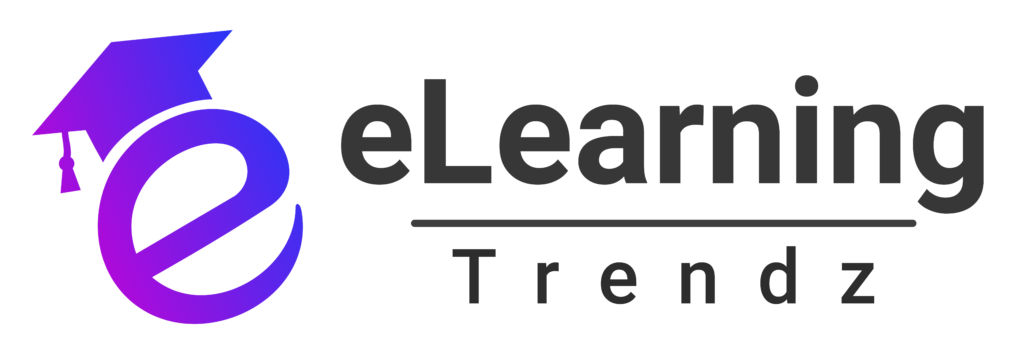In today’s fast-paced business landscape, continuous learning and employee development are more than just buzzwords—they’re essential drivers of organizational success. A Learning Management System (LMS) play a pivotal role in achieving this by transforming traditional training methods into dynamic, interactive, and data-driven learning experiences. Here’s why an LMS is crucial for effective employee training, backed by some compelling facts.
Centralized Learning and Easy Access
An LMS centralizes all training materials in one accessible platform, eliminating the hassle of managing disparate resources. Employees can access a wealth of information—from video tutorials and interactive modules to quizzes and assignments—anytime, anywhere. In fact, a study by Brandon Hall Group revealed that companies using centralized learning systems experienced a 24% faster employee onboarding process, enabling new hires to become productive more quickly.
Personalized Learning Experiences
Every employee has unique learning needs and paces. Modern LMS platforms offer personalized learning paths that tailor content to individual roles, skills, and career objectives. Leveraging adaptive learning technologies, an LMS can recommend courses that address specific skill gaps, fostering a more efficient learning journey. According to LinkedIn Learning’s 2023 Workplace Learning Report, 94% of employees said they would stay at a company longer if it invested in their learning and development, emphasizing the value of personalized training.
Enhanced Engagement Through Interactive Tools
Employee training shouldn’t be a monotonous task. An effective LMS incorporates gamification elements—such as badges, leaderboards, and rewards—to make learning fun and competitive. Interactive features like discussion forums, live webinars, and collaborative projects encourage peer-to-peer learning and engagement. Research from eLearning Industry indicates that gamified training modules can boost learner engagement by up to 60%, turning training sessions into an interactive and memorable experience.
Real-Time Tracking and Data-Driven Insights
One of the standout features of an LMS is its ability to provide real-time data and analytics on learner progress. Administrators can monitor course completion rates, assessment scores, and overall engagement, offering invaluable insights into the effectiveness of training programs. These analytics not only help identify areas for improvement but also enable data-driven decision-making. According to a report by Statista, companies using LMS analytics reported an average of 30% improvement in training outcomes, underscoring the value of actionable insights.
Scalability to Grow With Your Business
As your organization expands, so do your training requirements. An LMS is inherently scalable, making it easy to accommodate an increasing number of employees and evolving content libraries. Whether you’re onboarding new hires or upskilling seasoned professionals, an LMS can grow with your business. A recent study found that organizations that scaled their LMS infrastructure effectively reduced training time by up to 40%, demonstrating how scalability directly contributes to operational efficiency.
Cost-Effectiveness and Resource Optimization
Traditional training methods, such as in-person workshops and printed materials, can be both time-consuming and expensive. An LMS significantly reduces these costs by offering digital content that is easy to update and distribute. According to industry data, companies that transitioned to LMS-based training have reported saving up to 50% on training costs, allowing resources to be redirected towards more strategic initiatives.
Ensuring Compliance and Certification
For industries with strict regulatory requirements, compliance training is non-negotiable. An LMS simplifies this process by automating mandatory training sessions, tracking certifications, and sending timely reminders. This automation minimizes the risk of non-compliance, with research showing that companies using an LMS for compliance training experienced a 35% reduction in compliance-related issues. This not only protects the organization from potential legal pitfalls but also ensures that employees remain current with industry standards.
Building a Culture of Continuous Learning
In today’s competitive business environment, organizations that foster a culture of continuous learning are better positioned to innovate and adapt. An LMS encourages employees to take charge of their own development by offering a diverse range of courses and learning paths. By promoting a culture where learning is a constant priority, companies can drive innovation and maintain long-term success. A study by Deloitte found that organizations with strong learning cultures are 46% more likely to be first to market, highlighting the competitive edge that continuous learning provides.
Ready to Transform Your Employee Training?
An LMS isn’t just a tool for training—it’s a strategic investment in your workforce. By centralizing learning, personalizing training experiences, enhancing engagement, and providing actionable insights, an LMS empowers your employees to reach their full potential while driving organizational growth.
Don’t let outdated training methods hold your business back. Embrace the future of employee development with our advanced LMS solutions.
Contact us today for a personalized demo and see how our platform can revolutionize your training programs and boost your team’s performance!










